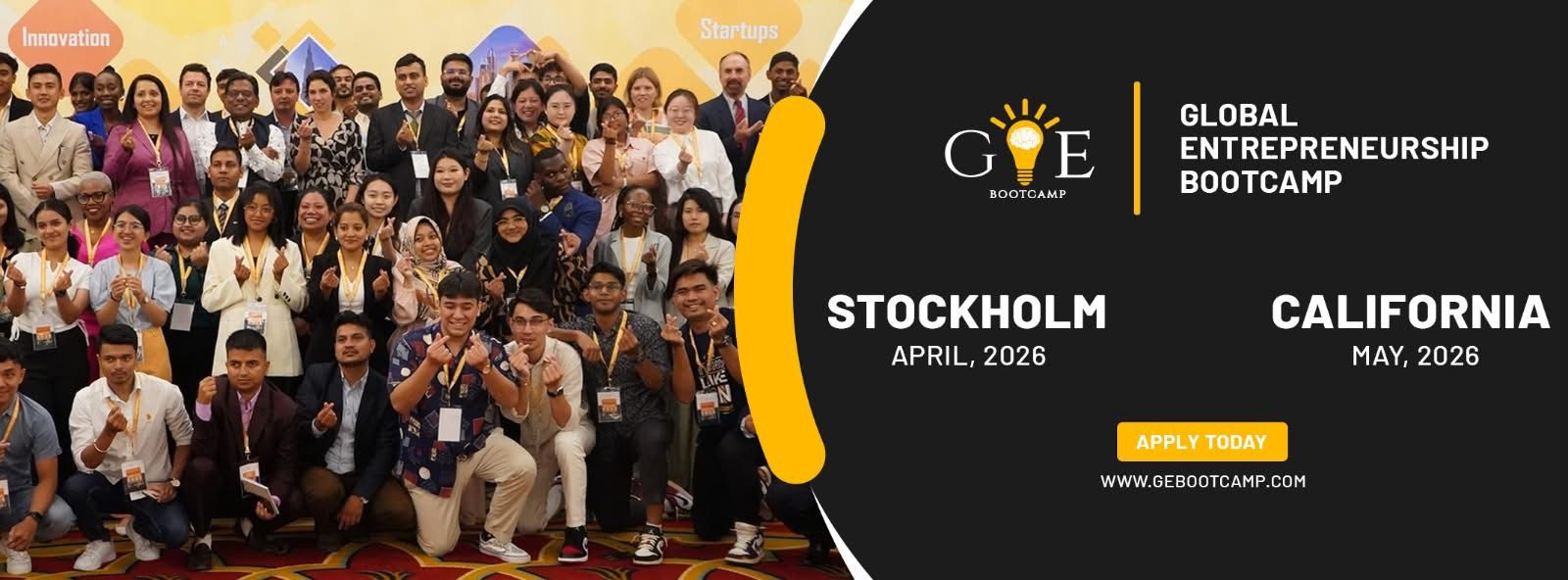
UNDP National Project Field Engineer for Ermera and Liquica || Apply Now |
Paid
Country: Timor-Leste
City: Dili
Details
UNDP National Project Field Engineer for Ermera and Liquica || Apply Now |
This Project Field Engineer will focus on constructing 40 infrastructure units, including water systems, public toilets, bridges, maternity health centers, rainwater harvesting systems, gabion/retaining walls, and community centers. Better access to community infrastructures will enable them to have enhanced access to various services. The project will benefit 16000 households and 75000 (47% women) individuals in 4 Municipalities.
Duties and Responsibilities of Project Field Engineer
A. Technical support, planning, and implementation of the project activities:
- Conduct site visits to identify the projects, conduct feasibility studies and detailed engineering surveys, collect required information, and prepare design drawings, BOQs, and technical specifications.
- With support from/coordination with the national engineers ensure that the contractor fully follows all the risks and proposed mitigation measures mentioned in the ESIA/ESMP, such as health and safety.
- Check and verify quantities of work done and provide a report to UNDP for each payment certificate.
- Report on the quantities of work prepared by the contractors. Local NGOs/CBOs review payment certificates and financial progress reports and assist in verifying the quantities and measured works.
- Collate all documentation for the payment requests for each statement (interim/final) for contractors and tranche/milestone disbursements for local partners such as NGOs/CBOs.
- Document all cash-for-work activities, ensuring proper verification and record-keeping of participants and payments.
- Ensure that all construction and cash-for-work activities comply with health, safety, and environmental regulations.
- Promote a safe working environment by conducting safety briefings and ensuring all workers use appropriate personal protective equipment (PPE).
B. Monitoring, verification, and reporting on activities:
- In coordination with M&E specialist, prepare a monitoring plan for the ongoing schemes and ensure joint monitoring through the involvement of the relevant government departments
- In collaboration with the Safeguard Officer/climate change and environment officer, monitor construction works per the contractual provisions and design specifications, given schedule/ timeline, and under established procedures, including ESIA/ ESMP, gender-sensitive approaches, and climate-proofing standards.
- Ensure that the contractors follow all quality control measures per the specifications, including the field and laboratory tests.
- Timely preparation and submission of required reports, including technical and financial reports to PMU and presentation to national and municipal stakeholders.
- Support preparing periodic progress reports, site monitoring reports, stakeholder meetings, client handover documents, and contract close-out reports.
C. Build partnerships with key stakeholders:
- Engage and maintain direct dialogue with national and local authorities, local community leaders, and stakeholders, including the respective line ministries and departments, to support the implementation of the project activities.
- Contribute to maintaining and strengthening effective coordination and collaboration with key national and local counterparts (government and civil society) and other involved development partners to explore complementarity.
Work closely with local authorities and communities to affect the implementation of specific project activities, including the training, bioengineering demo, and climate-proofing measures applied to the selected infrastructure units.
D. Knowledge management and capacity building:
- upport on the capacity build, guidelines development, and policy strengthening activities as proposed under activities 1.3 and 2.1 of the project.
- With the coordination and support from the national engineers, train relevant staff and key stakeholders (including local contractors, municipal staff, local development organizations, and groups) on designing and implementing climate-resilient rural infrastructures, ESIA/ ESMP guidelines, and gender-sensitive approaches.
- With the coordination and support from the national engineers, plan and implement capacity-building and awareness-raising activities for technical staff at the municipalities and administrative posts, as well as representatives of local NGOs/CBOs and other key stakeholders, on topics covering climate resilient infrastructure planning and prioritization, climate change hazards, and disaster risk management.
- With coordination and support from the national engineers, contribute to disseminating and sharing best practices and lessons learned for development planning and knowledge building, including ESIA/ ESMP, gender-sensitive approaches, and climate-proofing standards.
- The incumbent performs other duties within their functional profile as deemed necessary for the efficient functioning of the Office and the Organization.
Check : Adobe Immersion Program 2025 for Students in the U.S.
Required Skills and Experience
Education:
- Advanced university degree (Master´s degree or equivalent) in Civil/Construction Engineering, Agriculture Engineering, Water Supply and Sanitation/WASH, and Bioengineering is required, or
- A first-level of university degree (Bachelor’s degree) in Civil/Construction Engineering, Agriculture Engineering, Water Supply and Sanitation/WASH, and Bioengineering in combination with 2 additional years of qualifying experience will be given due consideration in lieu of Master’s degree.
Experience:
- Applicants with a master’s degree (or equivalent) in a relevant field of study are not required to have professional work experience. Applicants with a Bachelor’s degree (or equivalent) are required to have a minimum of two (2) years of relevant professional experience in Civil/Construction Engineering, Agriculture Engineering and Water Supply and Sanitation/WASH and Bioengineering.
Join us on Telegram for more opportunities!
Specifications
| Type of Opportunity | Internships |
|---|---|
| Deadline | 04 December,2024 |
| Country | Timor-Leste |
| City | Dili |
| Organizer | UNDP |
Related
Sidebar
UN International Law Fellowship Programme (ILFP) 2026 – Fully Funded Legal Training by the United...
J-PAL MENA Scholars Fellowship 2026 – Fully Funded Research Opportunity for Early-Career Economis...
